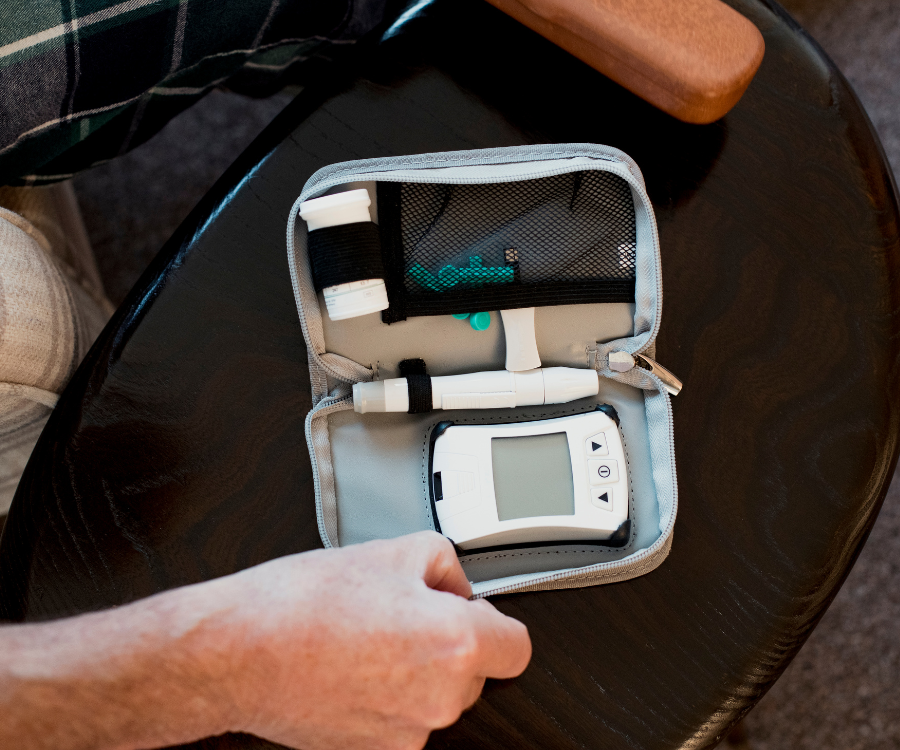The world of healthcare is constantly evolving, and one of the most interesting recent developments is the rise of at-home blood testing kits. These kits offer a convenient way to monitor various aspects of your health from the comfort of your own home. But are they too good to be true? Let’s delve into the pros and cons of at-home blood testing.
What are At-Home Blood Testing Kits?
At-home blood testing kits allow individuals to collect a small blood sample, usually via a finger prick, and send it to a lab for analysis. These kits can test for a variety of health indicators, including:
- Cholesterol levels
- Vitamin deficiencies
- Thyroid function
- Hormone levels
- Markers for certain diseases
The Pros of At-Home Blood Testing
- Convenience: This is perhaps the biggest advantage. No more scheduling appointments, traveling to labs, or sitting in waiting rooms. You can conduct the test at your own pace and time.
- Privacy: For those who feel uncomfortable discussing certain health concerns with a healthcare professional, at-home testing offers a discreet alternative.
- Accessibility: At-home kits can be particularly beneficial for people living in rural areas or those with limited mobility, making healthcare more accessible.
- Early Detection: By regularly monitoring your health markers, you can potentially detect issues early on, allowing for timely intervention and treatment.
- Empowerment: These kits can empower individuals to take a more active role in managing their health and well-being.
The Cons of At-Home Blood Testing
- Accuracy and Reliability: While most reputable kits undergo rigorous testing, there’s still a potential for errors in sample collection or processing, which can affect the accuracy of results.
- Lack of Professional Guidance: One of the major drawbacks is the absence of a healthcare professional to interpret the results and provide appropriate guidance. This can lead to anxiety or misinterpretation of the data.
- Follow-up Care: If the results indicate a potential health issue, it’s crucial to follow up with a healthcare professional for further evaluation and treatment. At-home kits should not replace regular check-ups.
- Cost: While some kits may be affordable, others can be quite expensive, and may not be covered by insurance.
- Regulation and Quality Control: The market for at-home testing kits is still relatively new, and regulations may vary. It’s important to choose reputable brands with certified labs to ensure quality and reliability.
Making an Informed Decision
At-home blood testing kits can be a valuable tool for monitoring your health, but it’s crucial to weigh the pros and cons before making a decision. Consider the following:
- Choose reputable brands: Look for companies with certified labs and positive reviews.
- Understand the limitations: At-home tests are not a substitute for regular check-ups with a healthcare professional.
- Follow instructions carefully: Accurate sample collection is essential for reliable results.
- Consult with your doctor: Discuss the results with your doctor for proper interpretation and guidance.
The Future of At-Home Blood Testing
As technology advances and regulations become more established, at-home blood testing is likely to become even more prevalent. With careful consideration and responsible use, these kits can play a significant role in promoting proactive health management and improving overall well-being.

